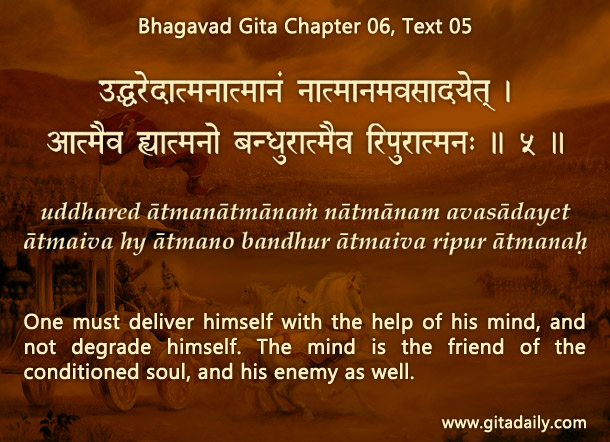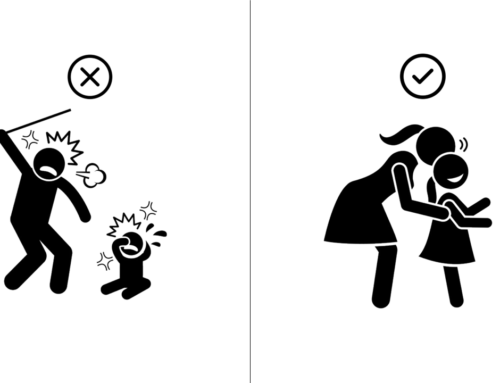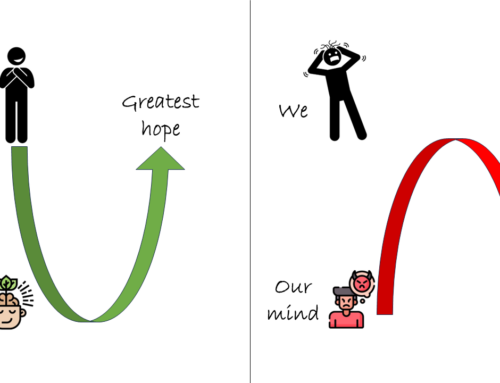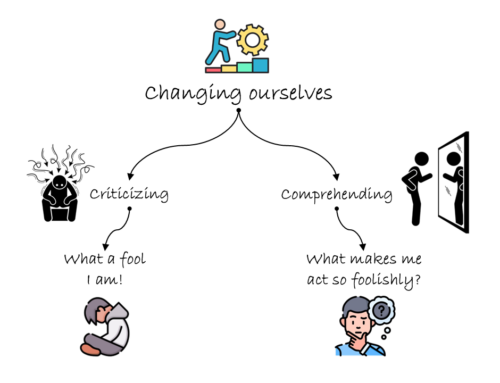Watch yourself as if you are someone you don’t know – self-observation opens the door to self-transformation
Suppose we want to develop a relationship with someone. We will observe them carefully, noting how they behave in various situations, especially in difficult situations. By such observation, we can understand them better.
Intriguingly, we can use this same strategy to learn about ourselves. Why would we want to do that? Don’t we already know ourselves? Not entirely. We are incredibly complex, having manifold thoughts, emotions and desires, many of which run contrary to each other. And these exist at various levels inside us: some at the surface; some, buried deep within.
We can get a sense of the unknown within us by contemplating how we sometimes surprise ourselves by our good actions and sometimes shock ourselves by our bad actions. Clearly, we don’t know ourselves well enough. That’s why we can and should use self-observation to increase our self-understanding.
While observing ourselves, we shouldn’t get so lost in ourselves that we forget the purpose of observing ourselves: self-transformation. The Bhagavad-gita (06.05) recommends such purposeful self-observation when it urges us to elevate ourselves with ourselves, not degrade ourselves with ourselves.
When we try to transform ourselves, we often fail. Why? One reason is that we often focus on self-restraint and self-criticism, thereby creating negative feelings such as discouragement, deprivation and resentment. Instead, if we focus on self-observation, then we can better understand how to transform ourselves.
Suppose we spot someone doing something counter-productive. Suppose further that we don’t know them well, but still care for them. Then we won’t immediately restrain or reproach them; we will seek to find a way to communicate our concern as sensitively and effectively as possible.
When we adopt a similar approach toward ourselves, then self-observation, self-understanding and self-transformation will grow simultaneously, seamlessly, symbiotically.
Think it over:
- Why do we need to observe ourselves?
- Why is it helpful to shift our focus from self-transformation to self-observation?
- For three days, try to look at yourself once every hour. Did you learn anything useful about yourself?
***
06.05 For him who has conquered the mind, the mind is the best of friends; but for one who has failed to do so, his mind will remain the greatest enemy.
To know more about this verse, please click on the image
Explanation of article:
https://www.youtube.com/watch?v=CioqQa-iGi0&feature=youtu.be
Podcast:





Leave A Comment